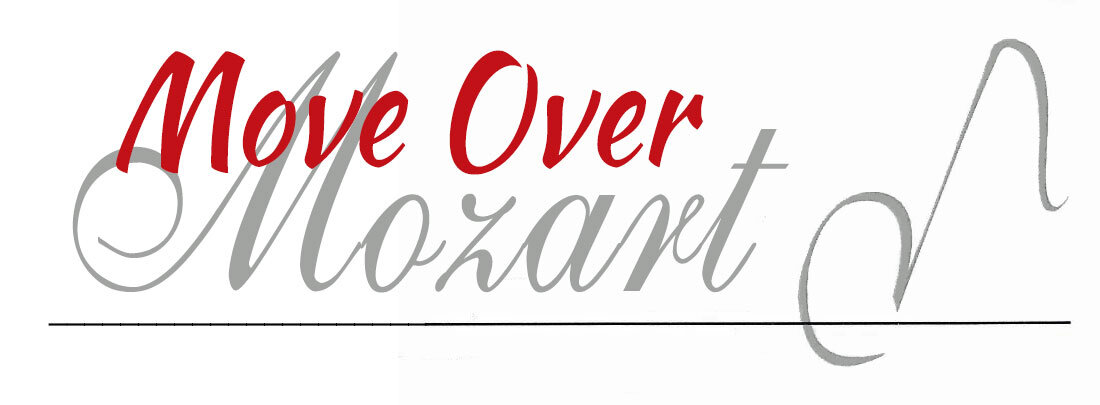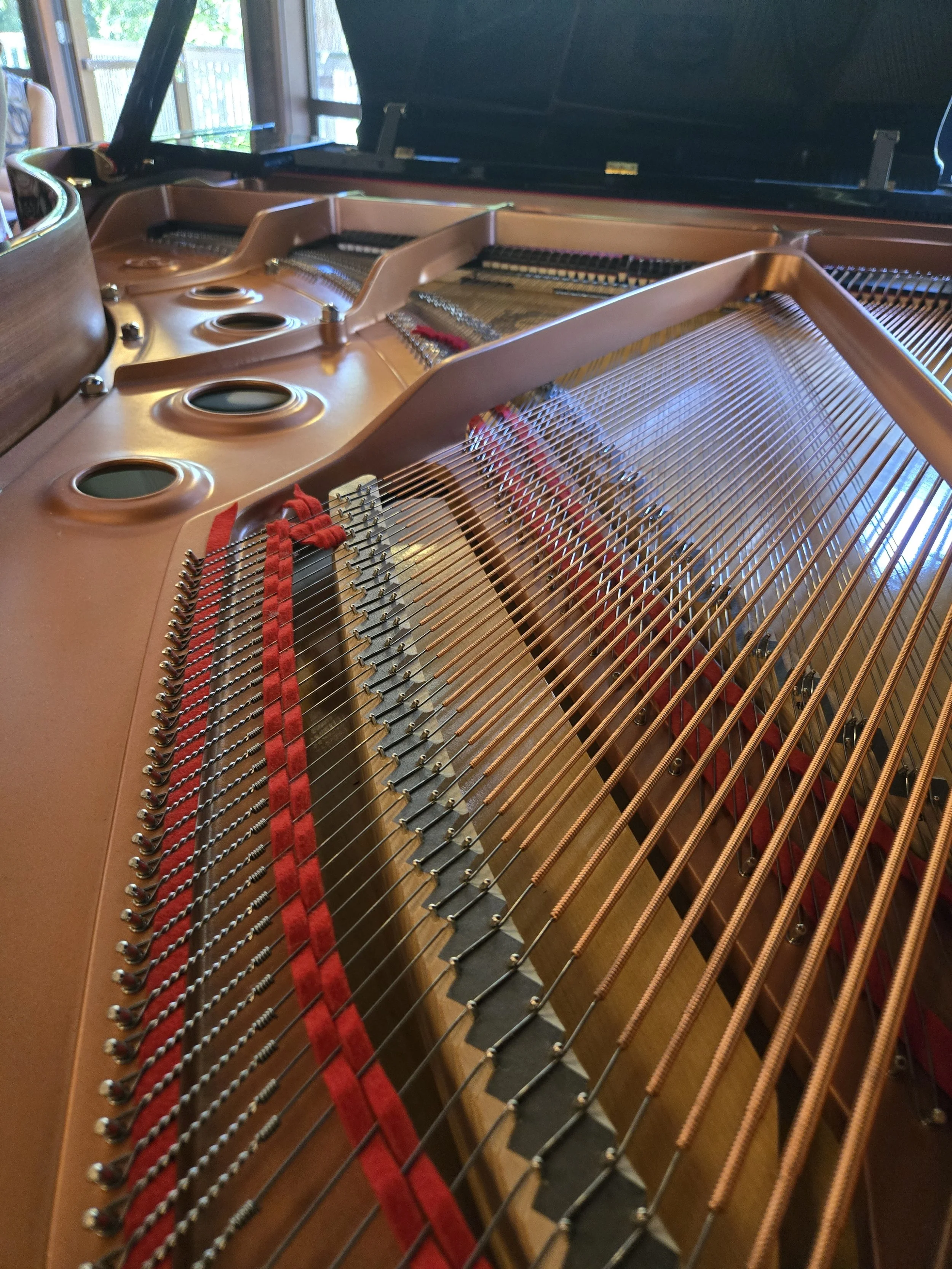Parents Ask Pam About Starting On A Digital Vs. Acoustic Piano - Mozart’s Memo - Volume 70
Designed for young children who are excited to play but not quite ready for traditional piano lessons, Crescendo Kids Online uses short, engaging activities to keep your child curious, motivated, and wanting more.
Click the button to find out how your child would benefit.
Parents Ask Pam
Have a question for Miss Pam? You can email, text message, or message on Facebook your questions. She will respond immediately to you, and your question might be featured in future newsletters.
Q: We are looking to buy a piano for our home, and are leaning toward a digital piano for the ability to use headphones (sound carries in our home, and we have a newborn). The thinking is that if our daughter is still enjoying piano in about 5 years, we might upgrade to an acoustic piano.
However, we heard that some teachers advise against using digital pianos. Do you have any opinion on whether digital pianos are suitable for a beginner?
A: I think it is wonderful that you are looking to purchase an instrument for your daughter to practice on at home. You will see some amazing improvement as a result.
Is a digital piano suitable for a beginner? I understand where this is coming from, so let me explain the background behind why some piano teachers are against all electric pianos, even digitals. Every key in a piano has about 35 moving parts. This means that the very way you touch a key will change the quality of sound that comes out of it. Some simple technique examples would be playing legato - smooth with every note being connected, versus staccato - short, crisp, detached notes. Within these two very different ways of playing, there are many variations. On an acoustic piano, these variations are slight, but infinite. On a digital, the sound quality comes from recordings. Typically, the more expensive the instrument, the more recordings of each note, but it is always a finite number. Learning to play the piano is not just about matching notes on paper to keys on the piano. It is also about how to touch the keys and the quality of sound that comes from that touch. A beginner piano student is more focused on learning to read notes. The advanced technique, while it is taught from day one, getting beyond what a digital piano can do does take a few years, especially when the student is a younger beginner. At the same time though, the student is also building their ear. They are learning to listen as they play to hear what type of sound is coming out of the instrument and how to manipulate the quality to be what they want to hear. Because of the limitations on a digital, their ear does not develop as much from a digital as it would from an acoustic.
At the same time, beginners are also building motivation to practice, and digital pianos offer features that make practice simple, fun, and engaging. Exploring different instrument sounds adds variety and encourages playful repetition. Recording features let your daughter listen back to her playing. Since listening while playing can be challenging, (the brain is already focused on many things like steady tempo, rhythm, correct notes, and finger placement,) recording allows her to hear herself clearly and track her progress. She can even practice hands separately by recording one hand and playing along with the other. Using headphones is another wonderful benefit, especially for families with a newborn.
Personally, I think starting with a digital piano and planning to upgrade to an acoustic later can be a great approach. But what is most important is understanding both the advantages and limitations of starting on a digital, so you can make your own best decision for your family. I hope this helps you feel confident and excited about whichever path you choose.
Your Comments And Questions
We want to hear from you! What questions do you have? What do you like best about this memo? How has our online lessons benefitted your child? Please leave your questions and comments below or email Pam directly at misspam@moveovermozart.net


